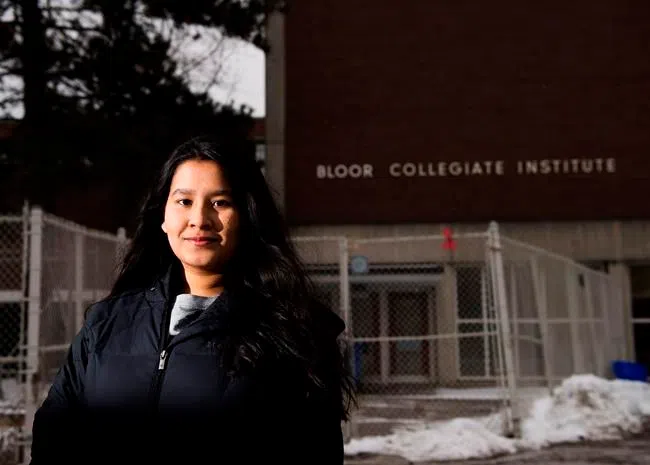
Toronto school board rethinking US trip rules enacted after Trump travel ban
TORONTO — Students at public high schools in Toronto are hoping they will be allowed to attend competitions and conferences in the U.S. now that the school board is rethinking its policy barring travel south of the border enacted in response to President Donald Trump’s ban on visitors from some majority-Muslim countries.
Teens who have participated in American events in previous years say the Toronto District School Board’s suspension of trips to the U.S. could deprive kids of opportunities to network, develop academic and personal skills, and build their resumes.
Maisha Fahmida, a Grade 11 student at Bloor Collegiate Institute, called her attendance at a youth business conference in Anaheim, Calif., last year an “eye-opening” experience.
“I met so many different people, so many different talents,” Fahmida said. “You get to compete, you get to show your business skills. It’s just a platform at an international level that you wouldn’t get in Ontario or anywhere else in Canada.”
